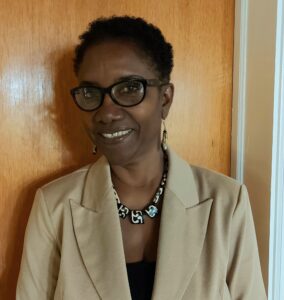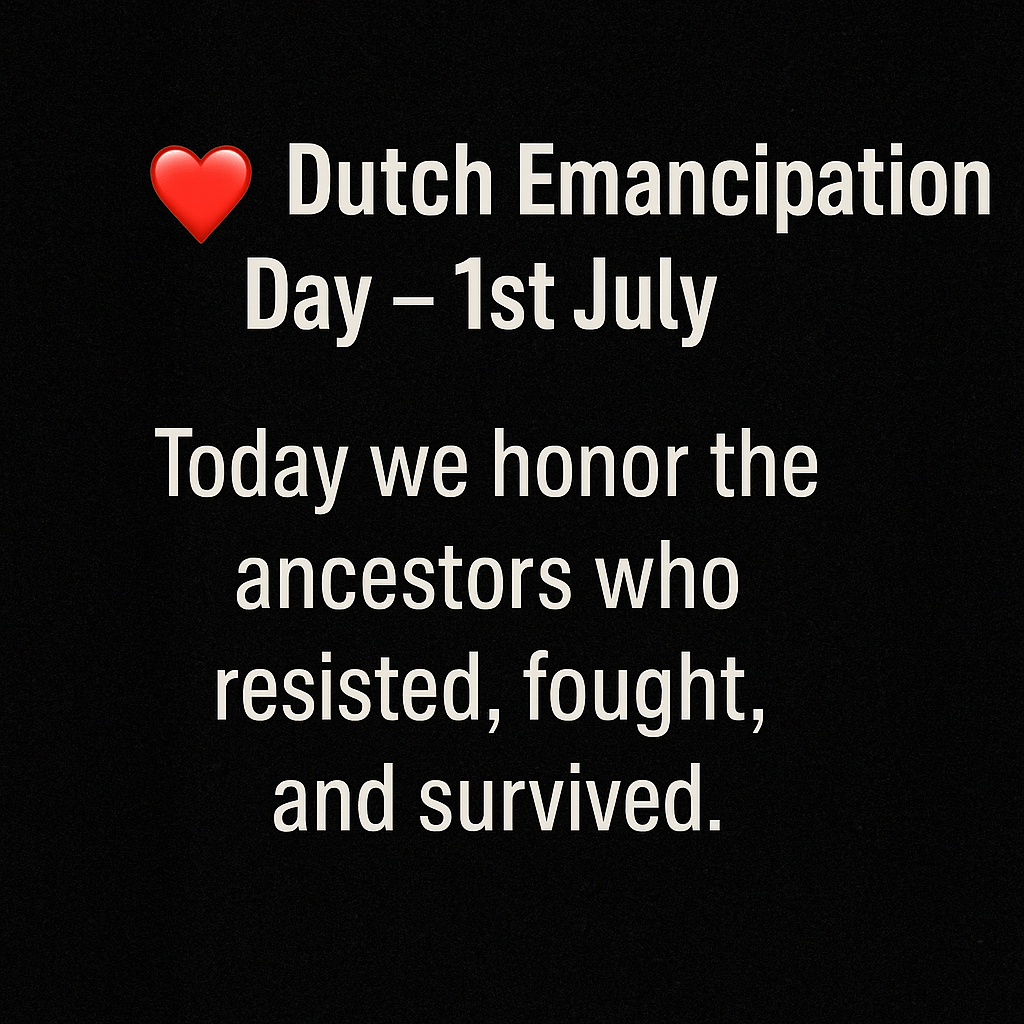CARIBBEAN VYBES
Paying tribute to the culture of the Caribbean, showcasing the beauty of our islands and empowering minds!
By Novelette Morton
Introduction
Mental health, like any aspect of physical health, is cause for concern and should be treated with the same level of sensitivity, expertise, care and support. Persons with mental health challenges should be considered ill just as individuals suffering from any physical ailment, however, this is often not the case. In fact, fear, stigma, shame, distress and silence often seize persons with poor mental health. Consequently, those suffering with mental health problems, are sometimes paralysed by negative feelings and do not seek the help of family, friends or professionals so that they can lead normal, productive lives.
This article, the first in a series, aims to shed light on the important topic of mental health, highlight activities held as part of Mental Health Month, discuss causes of mental illness, the resources available in St. Kitts and ways to change some of the perceptions of mental health.
According to the Centres for Disease Control and Prevention (CDC) in the United States (USA), “mental health includes our emotional, psychological and social well-being. It affects how people think, feel and act.” (www.cdc.gov/mentalhealth).
In the United States of America, 1 in 5 adults live with a mental illness at some point in their lives and 1 in 25 adults live with serious mental illnesses such as schizophrenia, bipolar disorder or major depression. (www.cdc.gov/mentalhealth) These are startling statistics!
Here in St. Kitts, Physician, Dr. Reginald O’Loughlin describes the situation as “significant but not talked about because of the taboo stamp.” He further states that it is difficult to get a comprehensive picture given that some people go to private doctors. According to the Ministry of Health, 112 individuals have accessed the Dr. Arthur Lake Mental Health Day Treatment Centre since its opening in September 2017.
ARTICLE CONTINUES BELOW
Mental Health Month
May is dedicated to promoting the need for greater awareness amongst the public of mental health issues and the need for holistic treatment and support. According to Counsellor and President of the Mental Health Association, Ms. Zahra Jacobs, Mental Health America observes Mental Health Month in May and the theme for this year’s observance was, “Look Around, Look Within”. It is felt that the observance serves to highlight the need for persons and businesses to be more sensitive to the issue and to talk more openly about the topic, which although changing gradually, is still taboo.
Permanent Secretary in the Ministry of Health, Dr. Sharon Archibald notes that a month’s observance heightens awareness, outlines ways in which individuals can protect their mental health and helps to reduce the stigma associated with mental health. However, “the problem is often forgotten after the month is finished,” says Dr. O’Loughlin. For meaningful impact, Anglican Priest, Rev. Darren Carlos adds, “Initiatives must be developed and adopted in schools, workplaces and organisations, where many hours are spent by residents.” (Dr. Archibald was the Permanent Secretary at the time of the interview).
The President of the Mental Health Association points out that in St. Kitts, World Mental Health Day is observed on October 10 annually and that professionals and other individuals commemorate it with a week of activities which include attendance at a church service, “multiple media appearances – television, radio, social media and podcasts, and delivering care packages to patients at the psychiatric ward.”
Trends
Although men and women are equally prone to mental illness, “women are more likely to entertain discussion on the topic and even more likely to seek help,” says Dr. O’Loughlin. Furthermore, Permanent Secretary, Dr. Archibald shares the same view, pointing out that some men tend to “self-medicate with alcohol” and that is due to the way “they have been socialised”.
Globally, statistics illustrate that men are more likely to commit suicide. In the USA, suicide is the 11th leading cause of death. In 2021, men died by suicide 3.9x more than women. (www.afsp.org/suicide/statistics/) The research further revealed that middle-aged white men are most likely to commit suicide in the USA. In 2019, Guyana was said to have the second highest rate of suicide in the world – 40.9 per 100,000. (www.thelancet.com)
Generally speaking, suicide is not common in the Caribbean. However, when incidents of that nature occur, they send shock waves through the community. One is left to wonder, what pain was so unbearable? Did the individuals seek professional help? Did the victims not have anyone to confide in? Are community members insensitive to persons’ feelings and behaviour? What such incidents reveal is that people are hurting, and that families, employers, coworkers, neighbours and friends need to be more empathetic.
ARTICLE CONTINUES BELOW
EXPLORE THE CARIBBEAN WITH THE BEST FLIGHTS AND HOTELS. CLICK ON ANY DESTINATION BELOW
Causes of Mental Illness
Mental illness is often the result of a complicated combination of factors; it is not any single factor that triggers an individual’s illness. Causes such as childhood trauma, domestic abuse, severe stress – for example relating to ongoing medical conditions such as cancer and diabetes- feelings of isolation and loneliness, the use of alcohol and drugs, biological factors or chemical imbalances in the brain, poverty, unemployment and debt, as well as bereavement can lead to mental health problems. (www.mind.org.uk/informationi-support/)
The COVID-19 pandemic with its curfews, lockdowns, layoffs, unemployment and business closures, brought much anxiety and depression to people worldwide. Rev. Carlos points out that there were several suicides in various countries and in Antigua as well. Dr. Archibald says that the number of cases of anxiety and depression went up. Additionally, incidents of domestic abuse also increased, and people had challenges coping with such difficult situations.
St. Kitts’ Resources
St. Kitts has a number of trained professionals in the field. The Mental Health Association has revealed that within the public service, there are two psychiatrists, over a dozen master’s- trained counsellors in clinical and counselling psychology, social work, school counselling, clinical and mental health, counselling and their various intersections. In private practice, there are another two psychiatrists, half a dozen master’s and doctorate-trained counsellors within the field. Despite these numbers, there are still waiting lists. Ms. Jacobs points out that this “indicates a need, and a recognition for help-seeking”.
In referring to the Mental Health Day Treatment Centre, Dr. Archibald stresses that the centre encourages people in the community to talk more about mental health and serves as a bridge between “hospital and community psychiatry.” She adds, “it is geared to recovery and patients are inferior to no one. Recovery is possible,” enphasises Dr. Archibald, and persons with mental health challenges can “live a normal life”.
Ways to Change Perceptions of Mental Health
“Mental health is often stigmatised and misunderstood, leading to negative perceptions and discrimination,” says President Jacobs. When asked about the situation at the courts, Senior Judge for St. Kitts and Nevis the Honourable Mr. Justice IC Morley KC says that the court is “routinely helped by psychiatrists working hard at the psychiatric wing of the Joseph N. France General Hospital” and who do “a good job with limited resources”. Justice Morley further states, there ought to be a public education campaign that such folk are mostly not “crazy” or “dangerous” but simply ill, and in need of sympathy, treatment and support.”
Drs. Archibald and O’Loughlin, Rev. Carlos and the Mental Health Association concur that public education and awareness are critical. The association further states that governments need to prioritise funding for mental health services and research, while healthcare professionals should offer affordable treatment options.
“Media outlets should portray mental illness accurately and positively rather than perpetuating harmful stereotypes,” adds the association.
Conclusion
What is important is the realisation that something needs to be done consistently to reverse the stigma. Citizens’ eyes need to be opened to the reality that many persons suffer from mental health challenges and should be given every encouragement to seek expert help to ensure that they lead fruitful lives.
A comprehensive education and awareness campaign is also a prerequisite. Individuals, families, communities, professionals, policymakers and the media, should regard mental health as a priority, especially during these times of economic uncertainty. They must work together to address discrimination and promote treatment and support!
MENTAL HEALTH PART 2 CLICK HERE
MENTAL HEALTH PART 3 CLICK HERE
This article is the first in a series. Successive articles will discuss signs of mental illness, reasons for stigmatisation of mental health, treatment options and coping strategies.
Moreover, the experiences of an individual who is living with a mental health illness will also be shared.

Novelette Morton is passionate about human and small business development. Having recently retired from the field of tourism where she worked for over 20 years, she has embarked on freelance writing and the full-time teaching of music, both of which are also her passions!
She has a Bachelor’s Degree in English Literature and French, a Master’s Degree in Mass Communications, specializing in Public Relations, and a Diploma in Hospitality and Tourism Management.
Other articles you might like are below. Click the title to read
Crime: A Trigger for Anxiety Disorder
The Secret to Managing Your Emotional Triggers
Manifesting: Make Room For Your Best Relationship
Who’s The Boss? 10 ways To Taking Control








Great article.
I love the graphic!
The article was well written and researched, keep up the excellent work! Hope this series will cause our community to invest more in this type of illness.
Well researched article. Written with so much understanding and compassion. Thank you for the good work